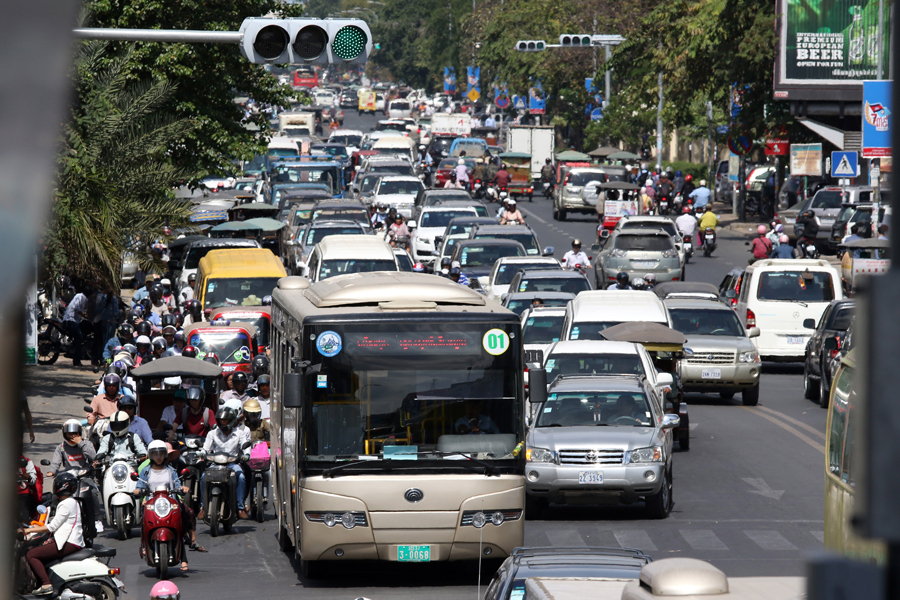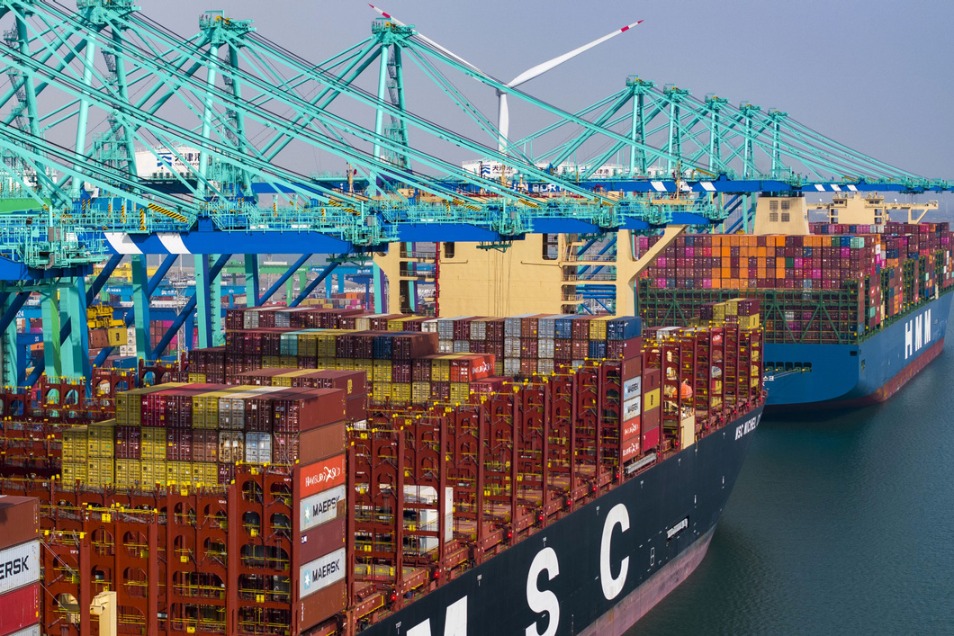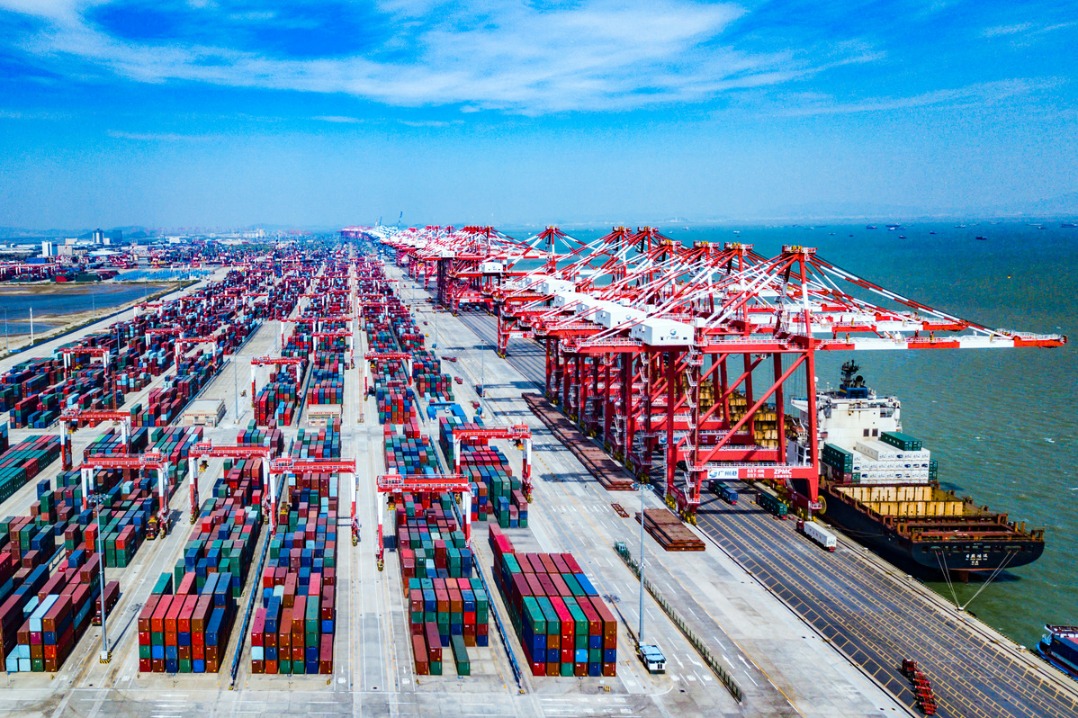'Smart' bus option brings safety and savings
China Daily | Updated: 2018-01-09 09:57

PHNOM PENH - Chinese "smart buses" have become a regular sight on the streets of the Cambodian capital and brought a safe and comfortable option for passengers.
Donated by the Chinese government in July 2017, 98 vehicles have been used on five out of the eight mainlines in the city, and attract hundreds of thousands of passengers each month.
Yutong's sales manager for Asia and Pacific Division Jiang Lin said the buses, designed based on weather conditions of Phnom Penh, had been equipped with an intelligent management system and air-conditioning, and were capable of carrying 80 passengers each.
"Phnom Penh experiences both wet and dry seasons with a hot climate, so the buses were manufactured according to these local conditions like wet and high temperature," he said.
Through Yutong's tracking system, the Phnom Penh City Bus Authority could monitor the real-time condition of the 98 buses via a computer or a smartphone, he said, adding that the system has more than 20 functions, such as analysis report on energy saving potential and oil monitoring.
"This intelligent system will help Phnom Penh to build a modern city bus transport system," he said.
Ean Sokhim, director of the Phnom Penh City Bus Authority, said that since the launch of the new buses, more and more people had switched from using their own vehicles to the city bus service, and even local and foreign tourists also boarded the buses for city tours.
Previously, there were only between 6,000 and 6,500 passengers per day, but since the operation of the new buses, the number of passengers has increased to between 16,000 and 17,000 per day, according to Sokhim.
Seng Voleak, 23, an employee at the Shinhan Khmer Bank, said the buses had helped reduce her commuting expenses.
Lower fare
"From my house to the taxi station is more than 10 kilometers, and if I ride tuk-tuk (auto rickshaw), the fare is pretty high, between 20,000 riel ($4.9) and 25,000 riel, but riding the bus costs me only 1,500 riel," she said.
"Traveling by bus is safer than by motorcycle or tuk-tuk and I save money. More importantly, the bus has air-conditioning."
Commuter Sok Rakin, sales manager of Gwang Jin Logistics& Trade, said he also regularly traveled by bus from his home to the office, also a distance of 10 km.
"It saves me a lot, and there is no risk, unlike when riding a motorcycle, when I face traffic accidents and exposure to hot sun and dust," he said. "Riding the bus costs little money and it is comfortable and safe."
Xinhua
























